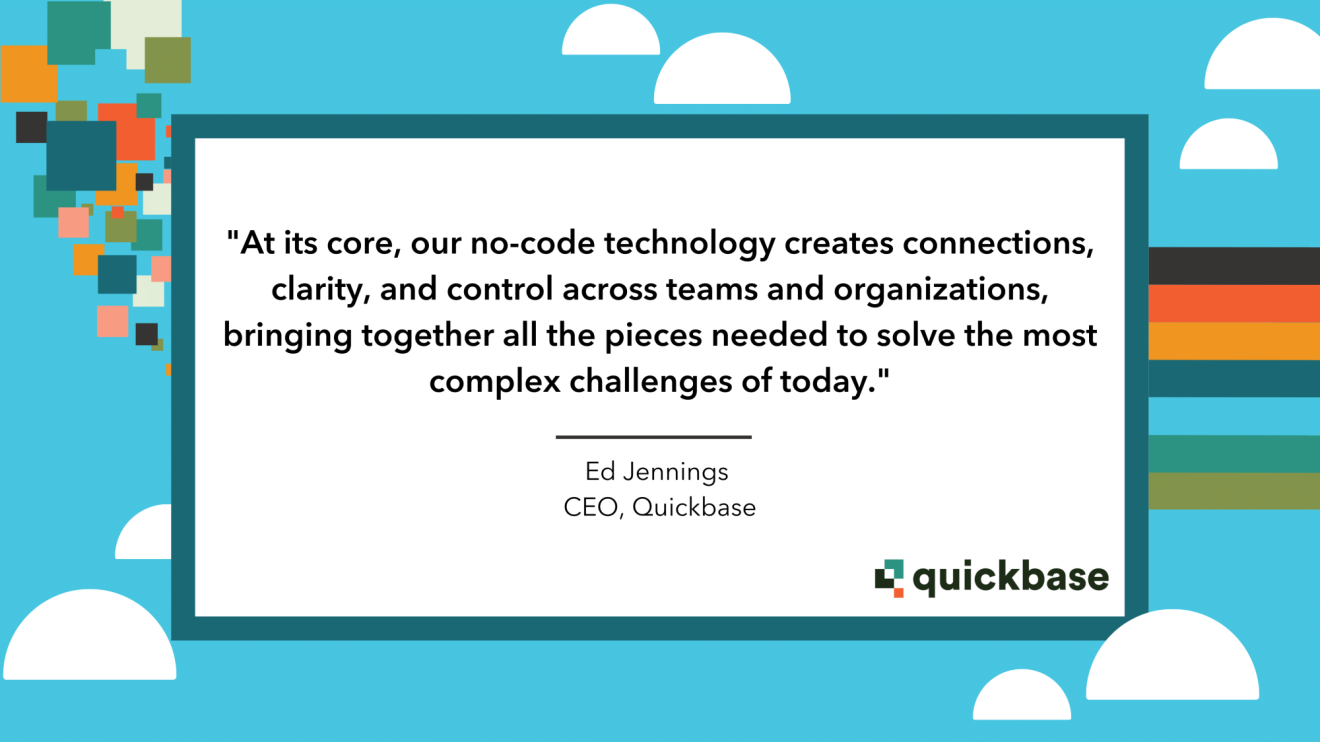
Creating an accurate, realistic, and comprehensive plan may be the most difficult part of project management. Project plans reduce risk and the potential for failure by breaking down large projects into smaller phases and tasks. Plans also accurately allocate people and resources and build a realistic schedule for the completion of each task.
Superior project planning tools can help by automating tasks and helping you to set realistic goals and deadlines. With effective project planning software, your project teams should be able to clearly define project goals, establish clear communication, assemble the right teams, and make the most effective use of limited resources.
Given the sheer number of options on the market, selecting the best project planning tools for your organization or a specific project can be daunting. Many project management software solutions are overly complex and difficult to use, reducing the chances of widespread adoption within your organization and project teams. Project planning tools that are too inflexible may quickly become obsolete as teams look to other solutions that are better suited for each new project.
When you’re looking for project planning tools that can be easily customized for your organization, your projects, and users, Quickbase can help. We offer a no-code application development platform that lets users with little or no technical background create, connect, and customize applications to solve project planning challenges.
The benefits of project planning software
Superior software for project tracking will deliver enormous benefits during the project planning stage.
Greater efficiency
All-in-one project planning tools allow your teams to work with greater efficiency by minimizing the confusion and redundancy that occur when multiple, disjointed point solutions are used for project planning.
Easy automation
Superior software will automate many of the tasks involved in the wide variety of project management methodologies – from Waterfall, Agile, and Scrum to Six Sigma, Critical Path Method, and PMI/PMBOK. Automation can increase productivity, reduce errors, identify red flags, and assist teams in making better decisions.
Clearer communication
Poor communication is one of the major contributors to failed projects. Project planning tools streamline and focus communication with tools that let team members easily present ideas, ask questions, and share feedback while providing automatic notifications about new comments and feedback in real-time.
Detailed plans, schedules, budgets, and roadmaps
The best project planning tools can help your teams accurately flesh out project requirements by visualizing tasks, dependencies, and schedules.
Accurate resource allocation
The right project planning tools will help your project teams to assess the skills, budget, and resources required for each task and realistically align needs with available resources.
Risk reduction
Project planning tools should help your teams to mitigate risk by identifying threats, pinpointing potential bottlenecks, and planning for potential adversity at each step of project execution.
Quickbase: Customizable project planning tools
Quickbase is a fully customizable, no-code platform that helps your teams tackle projects of limitless complexity. With Quickbase, every project team member has the power to customize and build applications to solve any business need.
When using Quickbase for project planning, your teams can start with a solution that delivers superior features, capabilities, and automation, adapting it easily for the specifics of each project as well as your organizational culture.
Quickbase for project management and planning provides:
Comprehensive visibility for every project. Quickbase lets your teams view all projects, processes, subcontractors, suppliers, and workers in one place, making it easier to adjust plans quickly to reduce risk, minimize costs, and enhance margins.
A central place for all information. By connecting information from siloed systems, Quickbase provides your teams with insight for better decision-making. Unifying data disparate systems allows teams to monitor performance more carefully across multiple projects, initiatives, and programs.
Automated processes. Automated, custom-built solutions let your teams work exactly how they want to while enhancing efficiency.
Streamlined communication. Quickbase connects everyone inside and outside your organization working on each project, making it simpler to keep everyone on the same page.
Customize reports and dashboards. Easy-to-build reports provide both big-picture views and granular details to help keep projects on track. Custom dashboards give each team member a view of the data they need, at the exact moment they need it.
What are no-code and low-code technologies?
No-code and low-code development platforms offer a visual approach to software development. Rather than writing code one line at a time, no-code and low-code technologies use visual interfaces and drag-and-drop features that enable users to quickly configure a new application or customize an existing software solution.
No-code features are designed to empower business users with little or no coding experience to build solutions that solve the business problems they understand best. Low-code platforms provide more experienced developers with tools to accelerate the development lifecycle and accomplish more in less time.
No-code and low-code solutions help organizations deliver business value more quickly and achieve operational agility by continually improving applications at the core of critical workflows. These solutions help to overcome a shortage of software developers and move innovation to the edge. By making it easy for everyone to continuously innovate applications on a single platform, no-code and low-code technologies maximize the effectiveness of every employee.
Why customers love Quickbase
As true pioneers of citizen development, Quickbase has 20+ years of experience empowering non-coders to build solutions to complex business problems. Best practices and a proven approach enable users of all technical backgrounds to successfully develop and automate applications at scale. A secure and flexible governance model keeps data safeguarded and helps to maintain development best practices. Application development is performed in a secure, controlled, and disciplined manner that is sanctioned and governed by IT.
Along with project planning tools, Quickbase provides solutions for a wide range of business needs in a variety of industries, including PMO software for healthcare organizations, financial software for property management firms, contract management solutions for real estate property management, and resource management and scheduling for manufacturing companies.
FAQs
What is project planning?
Project planning is the task of identifying goals for a project and breaking the larger project down into a series of smaller tasks. Project plans determine the skills, schedule, budget, and resources required to complete each task. Plans also consider risks that could impede progress and how project teams will manage those risks.
What are project planning tools?
Project planning tools are software solutions that help project teams to automate many of the tasks involved in creating and executing plans. Product planning tools typically include software for automatically tracking tasks, managing expenses, supervising schedules, and facilitating communication between members of the project team.




